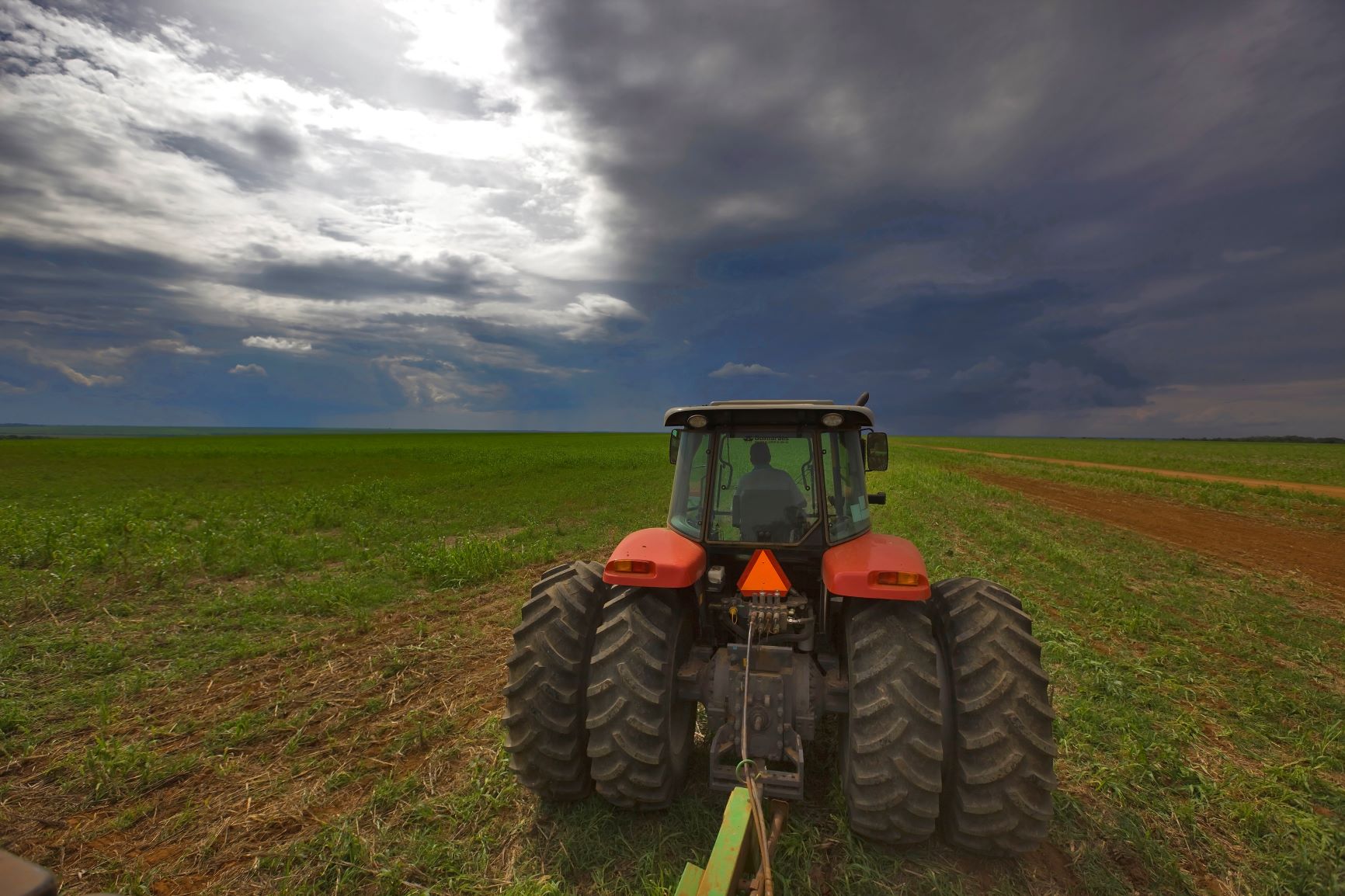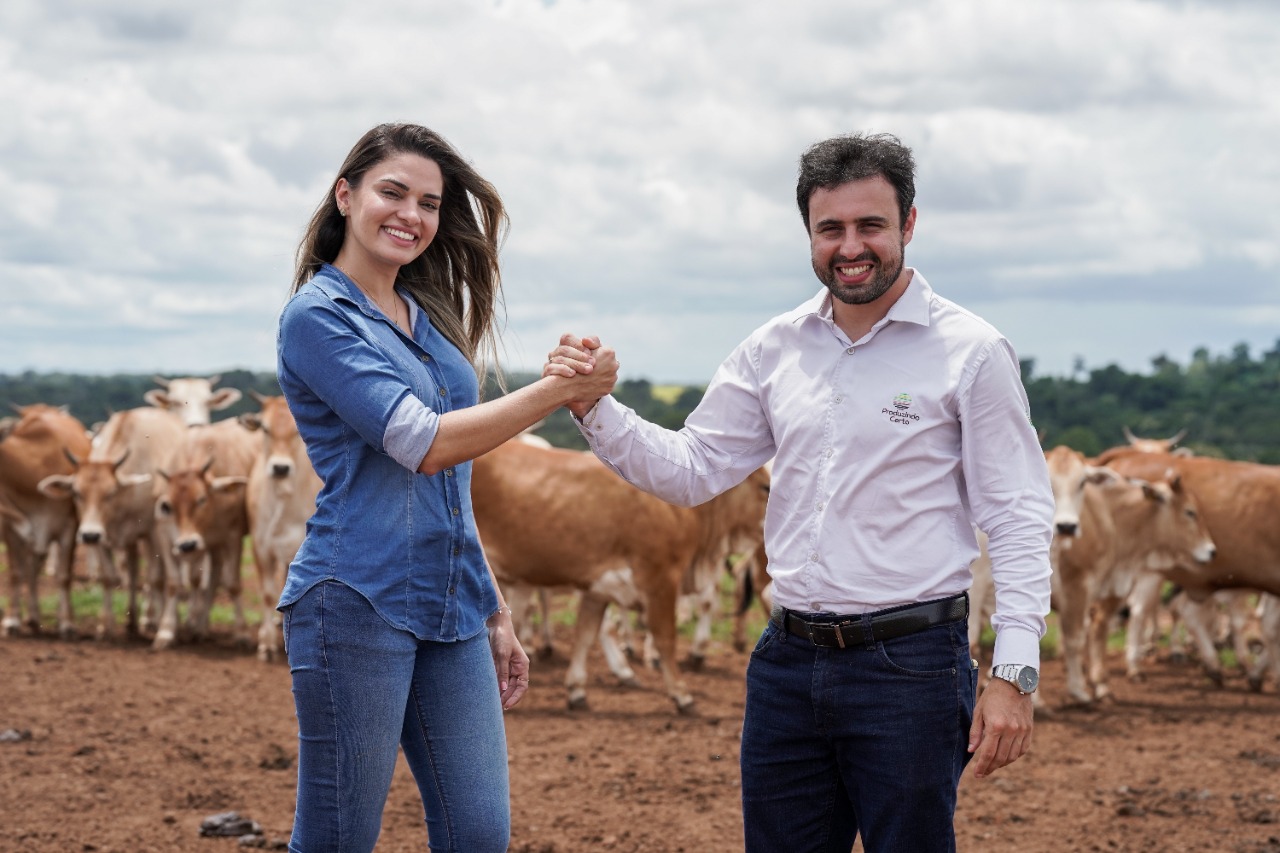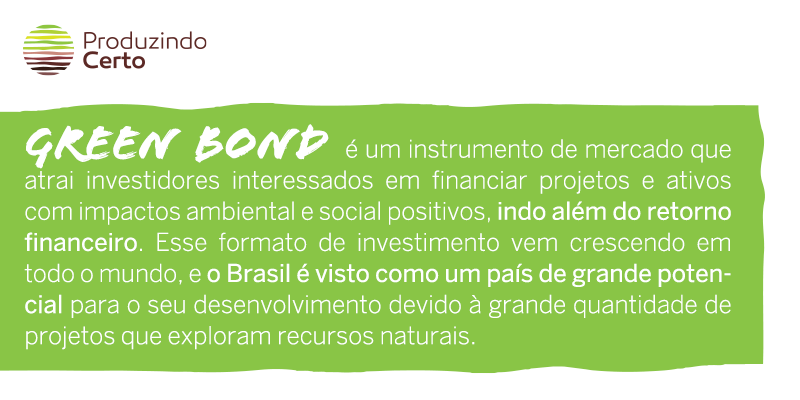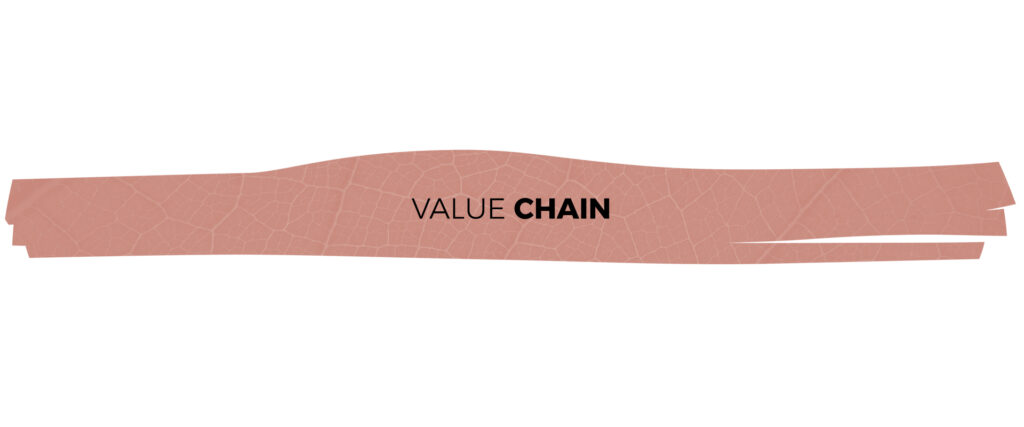
The partnership with ADM has lasted over 10 years and contributes to the increase in responsible soy production in Brazil
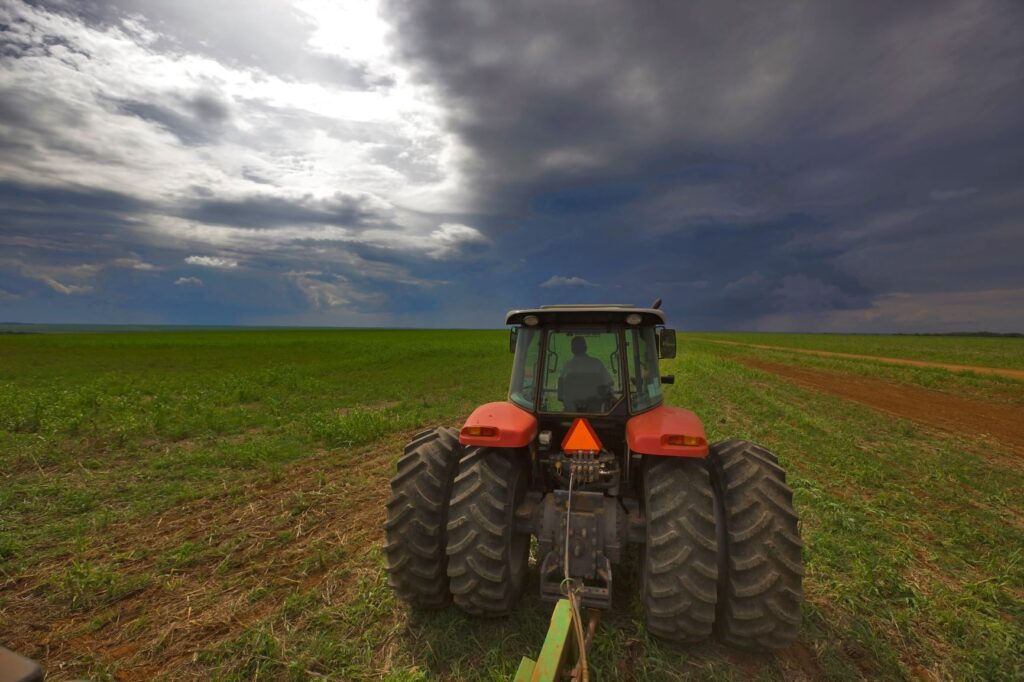
Archer Daniels Midland (ADM) is one of the leading global agribusiness traders. The company was founded in North America in 1902 and has been in Brazil since 1997. Since then, it has become one of Brazil’s largest soy processors, a producer of bottled vegetable oils, and an exporter. ADM is aware that the increase in food production must be in balance with the availability of natural resources and that working conditions for those who produce it must be dignified and fair, and they saw Produzindo Certo as a partner with the technical expertise and proximity to rural workers to offer guidance to their soy suppliers.
The partnership began with the NGO Aliança da Terra, in 2009, and helped consolidate the Produzindo Certo Platform, based on technical assistance to rural producers, information, and transparency intended to increase productivity while respecting the environment and people. From the beginning, the work aimed to bring rural properties up to code and to guide and motivate producers to meet international social and environmental compliance standards and apply best agricultural practices.
Over the years, the partnership has involved more than 500 producers and 1 million hectares planted with soybeans in different regions of Brazil. “Rural producers are critical and are the basis of any sustainable food chain. The program helps to more broadly expand the possibilities of a responsible farming standard by promoting changes and continuous improvements through best agricultural practices. The conscious use of inputs, integrated and biological management, and seemingly simple practices, such as the use of contour farming and soil cover, help to protect springs and rivers,” says Diego Di Martino, Operations Manager at ADM do Brasil.
“The results of this work are a source of pride. The partnership allowed us to take the first steps toward the development of a new methodology, based on the reality of the fields, to connect rural producers to large companies and a highly demanding consumer market,” says Aline Locks, CEO of Produzindo Certo.
ADM’s support for rural producers
Suppliers who choose to participate in the platform are visited by specialists from Produzindo Certo, who carry out a comprehensive diagnostic of the agricultural, environmental, and labor conditions of each property. The next phase is defining commitments to improvement. They prepare an action plan, receive technical and legal guidance, and establish priorities for the growth of their social and environmental performance.
Technical assistance is free of charge for rural producers, and joining the platform is voluntary. In return, in addition to technical support, they have at their disposal an instrument that shows where each farm is along its journey. The checklist of the social and environmental diagnostic assesses nearly 70 indicators and has close to 500 questions to measure aspects such as conservation of soil and native vegetation, use of pesticides and fertilizers, fire prevention methodologies, waste management plan, environmental and labor regularization, and more.
Based on the monitoring of different public sources, the platform checks the CAR (Rural Environmental Registry) status and looks for signs of heat spots, illegal deforestation, embargoed areas, or land overlapping with conservation units or Indigenous areas, as well as other information.
Producers also have access to the database with the results of their performance, a tool that will help them monitor and give transparency to the progress achieved over time. The platform is monitored digitally and can be used as evidence of responsible practices adopted by farmers. The process also considers responsible agriculture protocols, acting as a facilitator for audits or certifications such as the RTRS (Round Table on Responsible Soy), promoted by the International Responsible Soy Association, the main global standard for best practices in the soy chain.
>> Watch the video released by ADM to highlight the partnership.
Contribution to ADM’s sustainability goals
In addition to positively influencing the development of its chain, the work allows ADM to gain a deeper knowledge about partner producers and guarantee responsibility for food origins, in line with the demands of the most demanding consumer markets. “Through this innovative project, we are engaging more and more producers who are willing to produce while preserving natural resources and promoting social and economic development. And we have managed to ensure the sustainable origin of the food, which will reach the tables of consumers in an inclusive and fair manner,” says Di Martino.
In its 2019 Sustainability Report, ADM, which is one of the global leaders in agribusiness, highlights Produzindo Certo’s personalized approach in the fields, which has won the trust and support of rural producers. The report also mentions the methodology based on technical assistance, information, and transparency as drivers of ongoing improvement.
As a result, this partnership helps ADM achieve its sustainability goals. The company has made other commitments that reinforce its focus on responsible production. It is a member of RTRS, a signatory to the Soy Moratorium in the Amazon biome, with a commitment not to buy soybeans grown in newly deforested areas in the region. It does not trade grains or sell or finance inputs from areas embargoed by IBAMA. ADM is also a member of the Soft Commodities Forum, linked to the World Business Council for Sustainable Development (WBCSD), which gathers major players in global agribusiness to address common challenges in their production chains.
